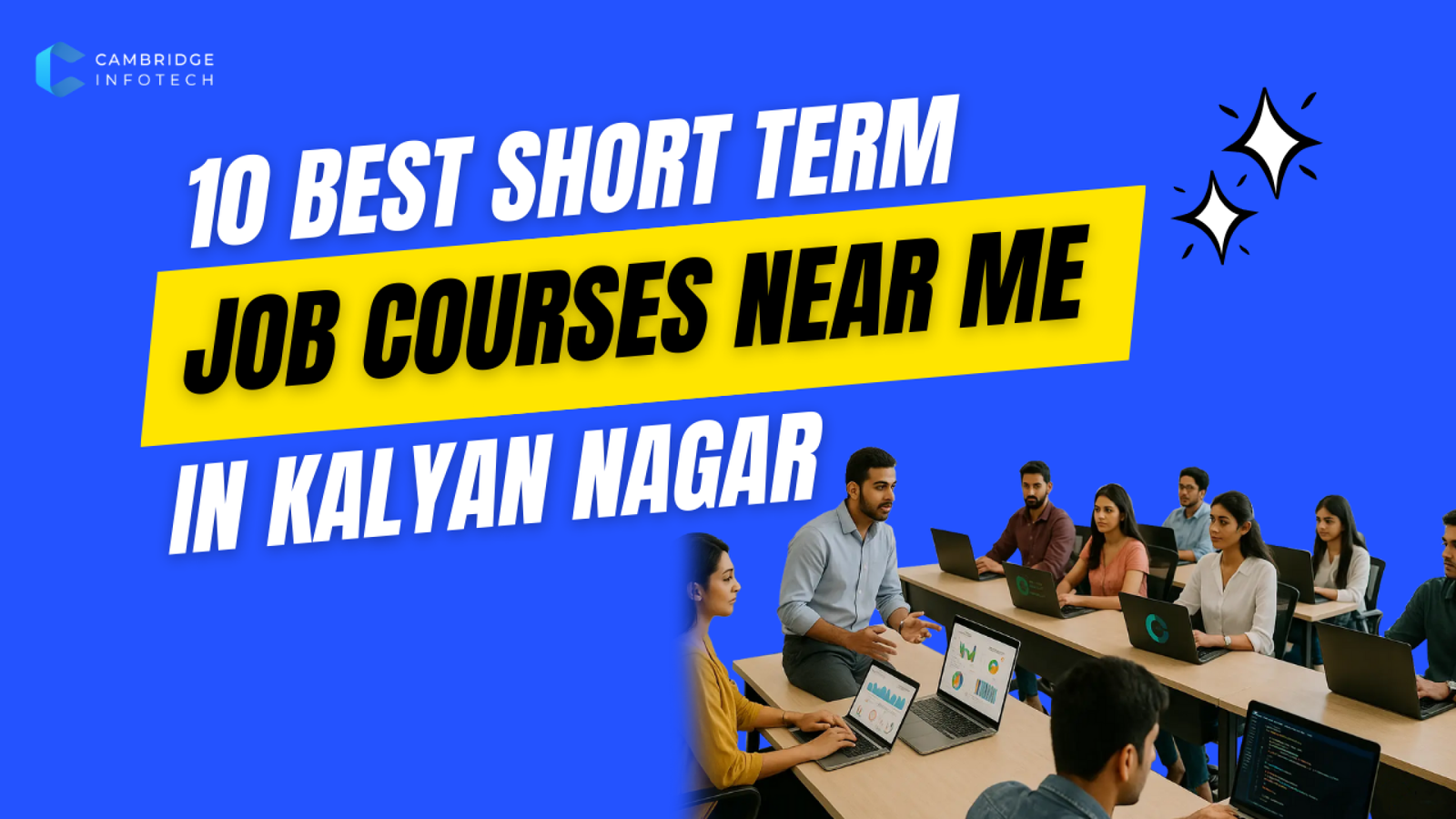What is Kotlin? The Ultimate Guide to the Modern Programming Language

What is Kotlin?
A Comprehensive Guide to the Modern Programming Language
In the ever-evolving world of software development, staying ahead of the curve is crucial. One language that has gained immense popularity in recent years is Kotlin. But what is Kotlin, and why is it becoming the go-to choice for developers worldwide? Whether you’re a beginner exploring programming languages or an experienced developer looking to upskill, this guide will walk you through everything you need to know about what is Kotlin, its features, benefits, and why it’s a must-learn in 2023.
What is Kotlin?
What is Kotlin? Kotlin is a statically-typed, cross-platform, general-purpose programming language developed by JetBrains. It was first introduced in 2011 and officially released in 2016. Kotlin is designed to be fully interoperable with Java, making it a seamless choice for Android development and beyond.
In 2017, Google announced first-class support for Kotlin on Android, solidifying its position as a modern alternative to Java. Since then, Kotlin has grown exponentially, becoming one of the most loved programming languages among developers.
Why Learn Kotlin?
Concise and Readable Syntax
Kotlin’s syntax is clean and concise, reducing boilerplate code significantly compared to Java. This makes it easier to read, write, and maintain.
Example:
// Java public class HelloWorld { public static void main(String[] args) { System.out.println("Hello, World!"); } } // Kotlin fun main() { println("Hello, World!") }
Full Java Interoperability
Kotlin is 100% interoperable with Java, meaning you can use Kotlin and Java code side-by-side in the same project. This makes it easy to migrate existing Java projects to Kotlin gradually.
Enhanced Safety Features
Kotlin eliminates common programming errors by introducing features like null safety. This reduces the risk of null pointer exceptions, a frequent issue in Java.
Example:
var name: String? = null // Nullable type println(name?.length) // Safe call operator
Multiplatform Development
Kotlin isn’t limited to Android development. With Kotlin Multiplatform, you can build applications for iOS, web, desktop, and server-side environments, all while sharing code across platforms.
Growing Demand in the Job Market
As more companies adopt Kotlin for their projects, the demand for Kotlin developers is on the rise. Learning what is Kotlin and mastering it can open up new career opportunities in Android development, backend development, and more.
Key Features of Kotlin
Null Safety
Kotlin’s type system distinguishes between nullable and non-nullable types, helping developers avoid null pointer exceptions at compile time.
Extension Functions
Kotlin allows you to extend existing classes with new functionality without modifying their source code.
Example:
fun String.isPalindrome(): Boolean { return this == this.reversed() } println("madam".isPalindrome()) // Output: true
Data Classes
Kotlin simplifies the creation of classes that are primarily used to hold data. With a single line of code, you can define a data class with automatically generated toString(), equals(), and hashCode() methods.
Example:
data class User(val name: String, val age: Int)
Coroutines for Asynchronous Programming
Kotlin’s coroutines make it easier to write asynchronous, non-blocking code. This is particularly useful for tasks like network requests or database operations.
Example:
import kotlinx.coroutines.* fun main() = runBlocking { launch { delay(1000L) println("World!") } println("Hello,") }
Smart Casts
Kotlin automatically handles type casting, reducing the need for explicit checks.
Example:
when (x) { is String -> println(x.length) // Smart cast to String is Int -> println(x + 1) // Smart cast to Int }
Kotlin vs Java Why Kotlin is the Future
While Java has been the backbone of Android development for years, Kotlin offers several advantages:
Less Boilerplate Code: Kotlin reduces verbosity, making code more concise.
Modern Features: Kotlin includes features like lambdas, extension functions, and coroutines that Java lacks.
Safer Code: Null safety and other features make Kotlin code less prone to errors.
Faster Development: With fewer lines of code and better tooling, Kotlin speeds up development.
How to Get Started with Kotlin
Set Up Your Environment
To start coding in Kotlin, you’ll need:
IntelliJ IDEA: JetBrains’ IDE with built-in Kotlin support. Download IntelliJ IDEA
Android Studio: For Android development. Download Android Studio
Kotlin Playground: An online tool to experiment with Kotlin code. Try Kotlin Playground
Learn the Basics
Familiarize yourself with Kotlin’s syntax, data types, control flow, and functions.
Build Projects
Practice by building small projects like a to-do app, weather app, or calculator.
Explore Advanced Topics
Dive into coroutines, Kotlin Multiplatform, and DSL (Domain-Specific Language) creation.
Kotlin Learning Resources
Official Kotlin Documentation: kotlinlang.org
Online Courses: Platforms like Udemy, Coursera, and Pluralsight offer beginner-to-advanced Kotlin courses.
Books: “Kotlin in Action” by Dmitry Jemerov and Svetlana Isakova is a great resource. Get the Book
Community: Join Kotlin forums, Slack channels, and GitHub communities to connect with other developers.
Why Choose Cambridge Infotech for Kotlin Training?
At Cambridge Infotech, we offer comprehensive Kotlin training programs designed for beginners and experienced developers alike. Our courses cover:
Kotlin Basics: Syntax, data types, and control flow.
Advanced Kotlin: Coroutines, extension functions, and multiplatform development.
Real-World Projects: Hands-on experience building Android apps and backend systems.
Career Support: Resume building, interview preparation, and job placement assistance.
Whether you’re looking to start a career in Android development or enhance your programming skills, Cambridge Infotech is your partner in success.
FAQs
About Kotlin
What is Kotlin used for?
Kotlin is primarily used for Android app development, but it’s also versatile enough for server-side development, web development, desktop applications, and even iOS development through Kotlin Multiplatform.
Is Kotlin better than Java?
Kotlin offers several advantages over Java, such as concise syntax, null safety, and modern features like coroutines. However, Java still has a larger ecosystem and is widely used in legacy systems. The choice depends on the project requirements.
Is Kotlin easy to learn?
Yes, Kotlin is beginner-friendly, especially for those with prior programming experience. Its concise syntax and interoperability with Java make it easier to learn compared to other languages.
Can I use Kotlin for web development?
Yes, Kotlin can be used for web development through frameworks like Ktor and Spring Boot. It’s a great choice for building scalable and efficient backend systems.
Is Kotlin replacing Java?
While Kotlin is increasingly popular, especially for Android development, it’s not replacing Java entirely. Java remains a dominant language in many industries, but Kotlin is becoming a preferred choice for new projects.
What are the career opportunities for Kotlin developers?
Kotlin developers are in high demand, particularly in Android development, backend development, and multiplatform app development. Learning what is Kotlin and mastering it can open doors to roles like Android Developer, Software Engineer, and Full-Stack Developer.
How long does it take to learn Kotlin?
If you already know Java or another programming language, you can learn the basics of Kotlin in a few weeks. Mastering advanced concepts like coroutines and multiplatform development may take a few months of practice.
Is Kotlin free to use?
Yes, Kotlin is an open-source programming language and is completely free to use.
Conclusion
So, what is Kotlin? It’s a modern, versatile, and powerful programming language that’s reshaping the future of software development. With its concise syntax, robust features, and growing adoption, Kotlin is a valuable skill for any developer.
Ready to take the next step in your programming journey? Enroll in Cambridge Infotech’s Kotlin course today and unlock a world of opportunities!
Learn more about
Cambridge InfoTech outlines key topics covered in their artificial intelligence (AI) course, designed to provide a comprehensive understanding of AI technologies and applications. The curriculum includes machine learning, neural networks, natural language processing, computer vision, and robotics. It also delves into ethical considerations and real-world AI implementations across industries. The course aims to equip learners with practical skills and theoretical knowledge to excel in AI-related roles.
Cambridge InfoTech provides an overview of the salary expectations for cybersecurity analysts, highlighting factors that influence earning potential. Key determinants include experience level, certifications (such as CISSP or CEH), industry demand, and geographic location. The article also discusses the growing importance of cybersecurity in protecting organizational assets, which drives competitive salaries for skilled professionals. Additionally, it offers insights into career advancement opportunities and the skills needed to excel in this field
Cambridge InfoTech outlines their data science internship program, designed to provide hands-on experience and practical skills in the field of data science. The internship covers key areas such as data analysis, machine learning, statistical modeling, and data visualization, using industry-standard tools and techniques. Participants gain real-world project experience, mentorship from experts, and insights into the latest trends in data science. This program is ideal for students and professionals looking to enhance their expertise and build a strong foundation for a career in data science.
Cambridge InfoTech explores the differences between traditional marketing and digital marketing, highlighting their unique strengths and applications. Traditional marketing, which includes methods like print ads, TV commercials, and direct mail, is often effective for reaching local audiences and older demographics. In contrast, digital marketing leverages online platforms such as social media, SEO, email campaigns, and PPC advertising, offering broader reach, real-time analytics, and cost-effectiveness.








